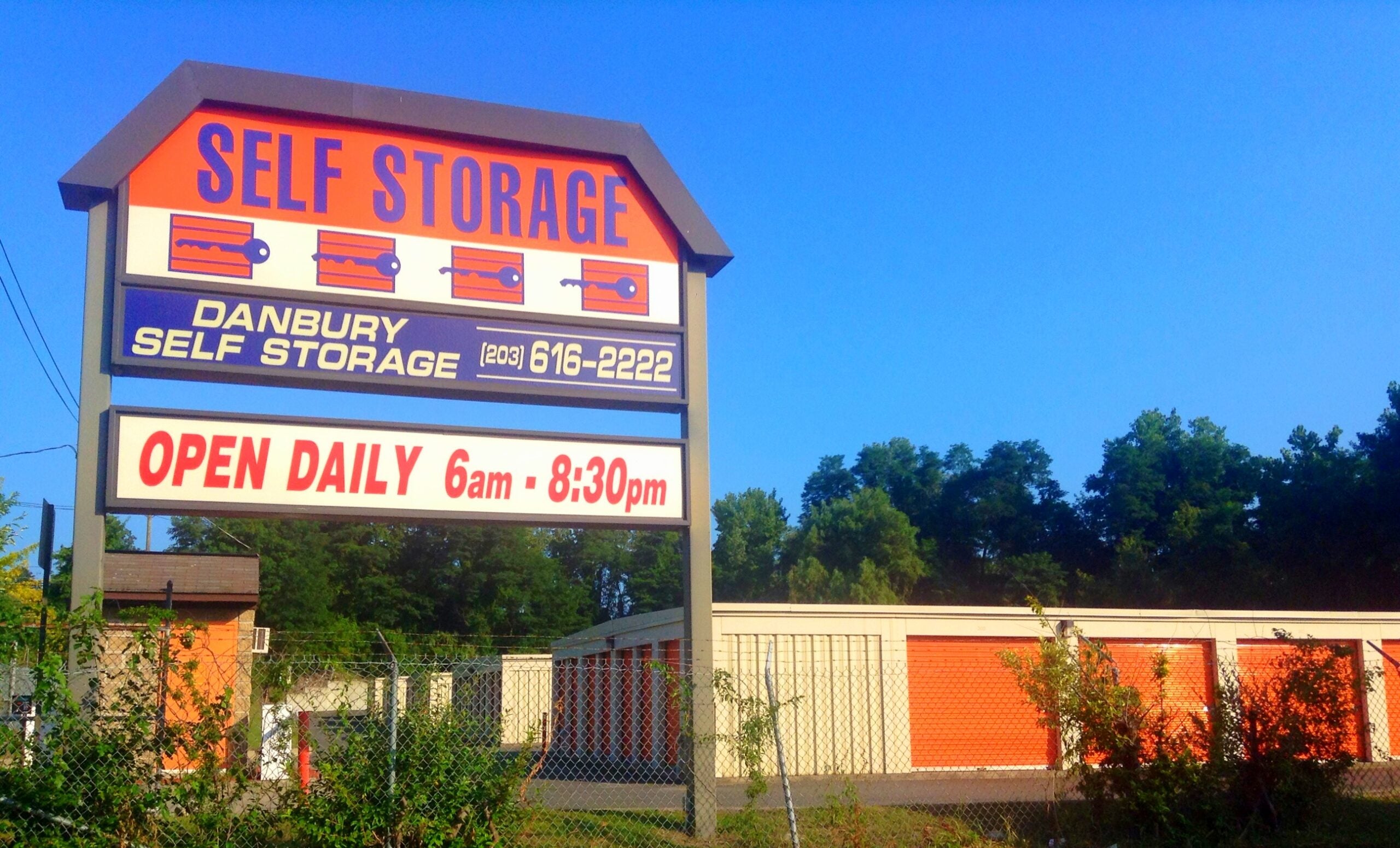Self-storage units seem to popping up more and more around the country being used by people going through a divorce, moving to a smaller home, frequently traveling, storing hobby-related items, etc. But what does it say about us as a culture if selling space to store more of our stuff has become a lucrative business? We talk with a consumer behavior expert for more insight. We also take a look at new research that shows Wisconsin is among three states with the highest use of drones by public safety agencies, and find out how much harm really is to be done if you drop some food on the floor and decide to eat it anyway.
Featured in this Show
-
New Study Shows Wisconsin Has High Use Of Drones By Public Safety Agencies
A new study from the Center for the Study of the Drone at Bard College finds that Wisconsin is one of three states with the highest use of drones among its public safety agencies. We talk to a reporter about the findings, as well as privacy concerns being raised.
-
Don't Eat That: University Team Debunks Legitimacy Of The 5-Second Rule
Drop a chip? The five-second rule might not be the best excuse to pick it up and eat it.
That’s according to Paul Dawson, a professor and graduate coordinator of the food safety and nutrition program team at Clemson University in South Carolina, who recently studied the legitimacy of the five-second rule.
Whether established by Mongolian ruler Genghis Khan, who told his men that food on the floor was safe to eat, so long as he said so, or tethered to folklore as Dawson believes, the five-second rule was effectively debunked by his team in a study completed last year.
The study tested bologna and bread on ceramic tile, laminated wood and carpet surfaces inoculated with salmonella bacteria for varies lengths of time.
While more bacteria found its way to the food the longer it was on the floor, there was a “substantial” transfer of bacteria within five seconds.
“There is enough bacteria picked up by any food almost instantaneously that if it’s something there that’s going to make you sick, it’s going to be on the food,” he said.
Also noteworthy is that Dawson said damp or wet food picks up more bacteria quicker than dry food.
Most bacteria are harmless, and a lot are actually helpful, he said. What’s perhaps more important for those concerned about their food on the floor is where that food was dropped.
While some obvious places, such as hospitals, full of bacteria have a much higher chance of making you sick, Dawson said floor surfaces matter, too.
In Dawson’s study, he said carpet transferred less bacteria to food than the other surfaces tested, which he likened to bacteria seeping down into the carpet instead of sitting on the surface.
“I think the other side of that would be most carpet sits around a long time and probably gets damp and is inoculated over and over again, so there’s probably a lot more bacteria residing in the average carpet,” he said.
While Dawson wouldn’t commit to a yes or no answer about whether it is in fact safe to eat food from the floor in at least some circumstances, he likened it to wearing a seat belt.
“You could probably drive your car your whole life and never have an accident,” he said. “But you’re kind of playing Russian roulette, to a certain extent.”
-
The-Five-Second-Rule: Myth Or Fact?
Nearly everyone has their own set of ideas and rules for eating or not eating the piece of food that found its way to the floor accidentally. Whether you’re on team throw-it-out or team give-or-take-five-seconds, we get the true science from a professor of food safety and nutrition so you can decide while knowing the facts next time.
-
Self-Storage Facilities Exploding In Numbers, But Why?
There are roughly 52,000 self-storage facilities in the United States. That’s about 90% of the global industry of self-storage units. We talk to a consumer behavior expert about why storage units seem to be an American need and what that might say about our economy and our culture.
Episode Credits
- Judith Siers-Poisson Host
- Rachael Vasquez Producer
- Natalie Guyette Producer
- Danielle Kaeding Guest
- Paul Dawson Guest
- Nancy Wong Guest
Wisconsin Public Radio, © Copyright 2025, Board of Regents of the University of Wisconsin System and Wisconsin Educational Communications Board.
